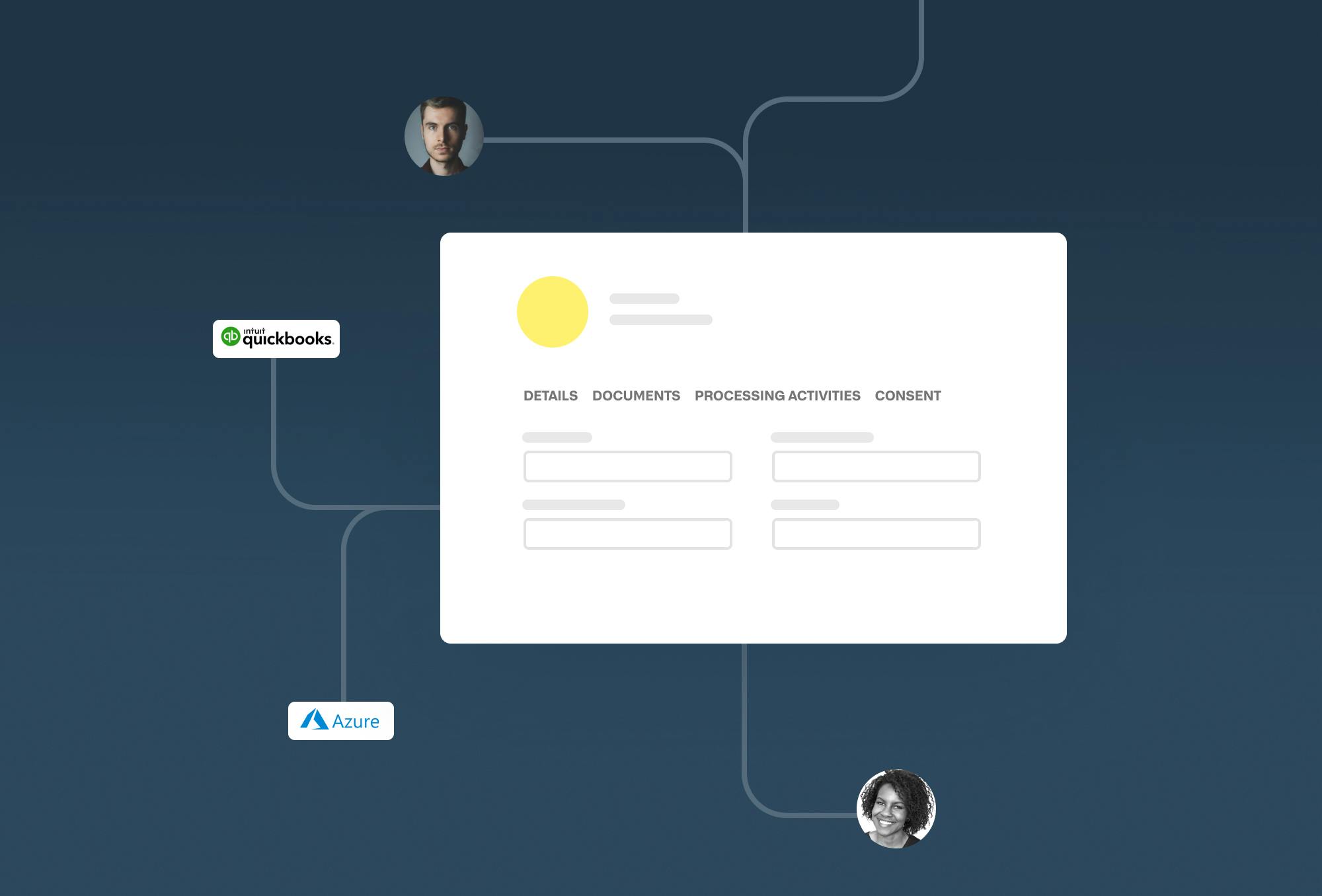Choosing Wisely: Finding a Data Privacy Consultant Aligned with Your Goals
September 17, 2023

In today's increasingly data-driven world, safeguarding sensitive information has become a paramount concern for businesses and individuals alike. With data breaches and privacy violations making headlines regularly, the demand for data privacy consultants has surged. These professionals help organizations navigate the complex landscape of data protection, compliance, and risk management.
However, selecting the right data privacy consultant is no simple task. Your choice should align with your unique goals, industry, and operational needs. In this comprehensive guide, we will explore the crucial steps involved in finding a data privacy consultant who can safeguard your data and meet your specific objectives.
Understanding Your Data Privacy Needs
Before diving into the selection process, it's imperative to gain a clear understanding of your data privacy needs. Different organizations have different requirements when it comes to data protection. Factors like your industry, size, and the type of data you handle can significantly impact your privacy needs.
For instance, a healthcare institution dealing with sensitive patient data will have vastly different privacy requirements compared to an e-commerce company that primarily handles transactional data. Therefore, the first step is to conduct a thorough assessment of your data privacy needs.
Defining Your Goals
Once you've assessed your data privacy needs, it's time to define your goals. What are you aiming to achieve through data privacy consulting? Common objectives include ensuring compliance with regulations (such as GDPR or HIPAA), reducing the risk of data breaches, and building trust with customers by demonstrating a commitment to their privacy.
By clearly defining your goals, you'll not only narrow down your search for a consultant but also ensure that the consultant you choose is aligned with your objectives.
Identifying Potential Data Privacy Consultants
There are various sources you can tap into to identify potential data privacy consultants. Recommendations from trusted colleagues, industry associations, and online searches can yield a list of candidates. However, remember that quantity should not overshadow quality in this process. It's vital to research each candidate thoroughly.
Assessing Credentials and Experience
One of the first things to consider when evaluating potential consultants is their credentials and experience. Look for certifications relevant to data privacy, such as Certified Information Privacy Professional (CIPP) or Certified Information Systems Security Professional (CISSP).
Experience is equally crucial. A consultant with a track record of working with organizations similar to yours is more likely to understand your specific needs and challenges.
Evaluating Case Studies and References
Beyond credentials and experience, it's essential to assess a consultant's past work. Request case studies or examples of projects they've undertaken for clients. These can provide insights into their capabilities and approach. Additionally, contact references to gather feedback on their performance, reliability, and effectiveness.
Meeting in Person (or Virtually)
A face-to-face meeting or video conference can be instrumental in determining whether a consultant is the right fit for your organization. During this meeting, discuss various aspects, including their methodology, proposed timelines, and estimated costs. It's also an opportunity to gauge their communication skills and how well they understand your goals.
Understanding the Consultant's Approach
Different data privacy consultants may have varying approaches to their work. Some may focus primarily on compliance, while others adopt a more holistic, risk-based approach.
Understanding their approach is crucial because it should align with your goals and organizational culture.
Assessing Compatibility and Communication
Compatibility between you and the consultant is often underestimated but critical. You'll likely be working closely with this professional, so it's essential to assess whether your personalities and working styles are compatible. Additionally, clear and effective communication is vital for a successful consulting relationship.
Considering Costs and Budget
While cost should not be the sole determining factor, it's undoubtedly a consideration. Discuss how consultants structure their fees. Some may charge hourly rates, while others may propose project-based pricing. Ensure that the consultant's pricing aligns with your budget and expectations.
Negotiating the Contract
Once you've selected a consultant, the next step is negotiating the contract. This is a crucial phase where you define the scope of work, deliverables, timelines, and any other specific terms. A well-defined contract sets the foundation for a successful consulting engagement.
Book a demo today
Get a free, no-pressure demo of our software.
Making Your Decision
Before finalizing your decision, take a step back and review the entire selection process. Ensure that your chosen consultant aligns with your goals, has the right credentials and experience, and offers a methodology that suits your needs. Making a well-informed decision at this stage is crucial.
Selecting the right data privacy consultant is a critical step toward protecting your data and achieving your privacy goals. By following the steps outlined in this guide, you can make a well-informed decision that aligns with your organization's unique needs and objectives.
Remember that data privacy is an ongoing concern, and your consultant should be a trusted partner in your journey to safeguarding sensitive information. Invest the time and effort in selecting the right consultant, and the benefits will extend far beyond compliance – they will help build trust with your customers and stakeholders, ultimately contributing to your long-term success.
Peter Barbosa
PRIVACY